Ikaria in August – Instructions for Use
Δημοσιεύθηκε: 17 Ιουλίου, 2015 Filed under: choses vécues, exploring, festivals, hiking, holidays, ikaria, pleasure, travel | Tags: August, camping, camping-in-ikaria, contradictions, good-conspiracy, Greece, ikaria, ikarians, Αυτόνομη Συσπείρωση Πολιτών Ικαρίας, ικαρία, my-friends, panigiri, politics, preservation, slacker politics, summer, things to know, tourist-season, young 13 Σχόλια.
The future belongs to the young. And the young -a special kind of young- have always prefered Ikaria for their holidays in July and August. Not only we respect that but it’s actually an honor. The following article which is also going to be distributed in print appeared in the website of the local municipal party ASPI in June 2015. In this manual-like style of document ASPI makes a list of the basic facts a young visitor should know about our strange island. I was very happy about this good piece of straightforwardness, friendliness and understanding. As there are a lot of foreign young people who come to the island in high summer and knowning from experience that they also need a warm welcome and a helping hand, I felt I had to translate it in English. I am letting you read my translation. No embellishments! Facts and instructions! Big times!!! ⭐ ⭐ ⭐
.
.
.
«Welcome friends
You can see it from the ferry, Ikaria is one long and high mountain without plains and many beaches, while most of the villages are hidden in its slopes. By nature it’s not suitable for mass tourism. Its mountainous landscape does not offer the comfort and convenient pleasure seeked by the average consumer/tourist. Nonetheless, since the island was known as a tourist destination, the followning paradox occurs: Ikaria’s difference (not only in the landscape but in the way of life and the way of thinking of the inhabitants) attracts many people, mostly young, who want to see «what goes on here» – to catch a glimpse and understand a bit of this difference. But because they also want to be together with other young people who are after the same thing, they all arrive in August. As a result, during those few weeks different Ikaria becomes «alternative Ikaria» – a chaotic (alternatively massive) «anti-Mykonos».»
.
«We would like holidays in Ikaria to be a break from the massive consumer way of life.»
«It’s a shame, because inspite of our many defects and faults, we believe that our difference can tell (maybe teach too) one or two things to the people of the city. This, however, is very difficult to happen with so many people around, that is, when the city moves to the island.
It’s a shame also because we are used to being few. Although we love to have a lot of visitors, it is difficult for us to get along with the hustle and bustle, evenmore to run matters in the way we should.
This text is not a tourist guide.
It was written by a group of friends, members of the Independent League of Citizens of Ikaria (*) to inform the young people who visit our island in August about our problems and our lacks and help them get round pitfalls. Our motive is love for our island. Our purpose is to be together and have a good time. Because we love the crazy Ikarian August as much as you do.»
.
.
B u s e s : Unlike other islands in Ikaria there is no organised transport network with a central station, billboards with timetables etc. There are buses, of course, and they are more frequent in August, most times even servicing the two ports of the island, combining with the arrival and departure of ferries. Their timetables are usually pinned at central shops of towns and villages where unfortunately they soon disappear under several layers of irrelevent posters and ads. So we end up getting information from mouth to ear or by asking the drivers. T a x i s : there are many taxis with helpful drivers and a rather cheap fare given the state of the roads and the distances. However, they are difficult to find in August. H i t c h h i k i n g : When they have spare seats local cars (plates with AT, MOA or MOB) often stop and take hitchhikers. Yet, nothing is for free in life. The «fare» is communication with the driver and the passengers. Don’t keep your mouth shut but talk. Speak about your impressions, ask questions about the island. W a l k i n g : Nobody in Ikaria will think that you are pauper or tramp because you go on foot. Everything is a road and no road in Ikaria is boring.
.
«R o o m s : they are countless, found even in the most remote villages, some of which in amazing natural settings and with low prices even in August. O u t d o o r s : Three are the basic facts, 1st) Ikaria is ideal and very inspiring for camping, 2nd) camping is forbidden on the island -everywhere!, and 3rd) there is no organised camping site -nowhere! Not only to avoid eventual protests and raids but also because we think it is best, if you stay outdoors we suggest you are thrifty, light and flexible (and more «lawful»), by rejecting big «mobile summer villa» tents. An open awning for shade in the day and for protection from moisture at night is enough. Choose a spot as far as possible from the beach which should be kept free for everybody. If you camp on the mountains and hills, sooner or later you will be spotted and asked to leave by the locals or the fire service. As far as private land is concerned, there may be people who won’t object if you camp in their properties for a few days. As long, of course, as you find them and ask their permission. Whatever you do, wherever you go, even in the remotest wilderness, don’t behave as if you were the owner. It’s wrong.»
.
«Let’s face it, Ikaria may have an enviable natural environment, but unfortunately we are not famous for our cleanliness. As if the «resident trash» haunting the streets (junk metal, rubble piles, broken cars) wasn’t enough, the 3-4 weeks of the short tourist season create a garbadge bomb! There are not enough bins, not enough trucks, not enough space in the landfills, and finally not enough cleaning workers. Recently we are doing our best to handle the situation. But we also need your help.»
.
«The famous village festivals («panigiris») of the island are neither «shops» nor «free parties». It’s an institution (the word is not extravagant) serving multiple, religious, social and economic, needs of the small communities of every village. It is true that in the last years panigiris have been massified and commercialized (with serious impact on the environment due to over-consumption of meat and over-production of trash), nonetheless they still keep their basic characteristic as a communal egalitarian feast for everybody regardless of gender, age, origin, dress code or ideological profile. The secret is that all the organizers are volunteers. Therefore, if you have complaints, don’t behave like «dissatisfied costumers». Talk to the people of the village. They want to talk about it too. A panigiri is no one-night clubbing. Its a reunion and a celebration.»
.
«It is to wonder how roads were built through those mountains and over those cliffs. And yet, the road network of Ikaria is huge and immeasurably complicated. On the other hand, most of these roads are not in a good condition. Even the main roadway (Agios Kirikos – Evdilos – Rahes – Karkinagri) is messed up in many parts with reverse slopes, sudden narrow curves, obstacles, holes, bumps etc. Drive at speeds not exceeding 30-40 km/h, wear seat belts, put on bike helmets. Don’t drive, if you drink a lot in a panigiri. Find a spot, lie down and sleep you are sober.»
.
«Often when the meltemi wind blows, big waves beat the most known beaches of the northern side of the island (Kiparissi, Kampos, Messakti, Livadi, Nas). We like to watch them and to swim against their strength, but unfortunately there have been many drownings too. Besides the rules of safe swimming, when you play in the waves you must keep in mind that this activity is actually a sport. Even in the form of simple game body-surfing requires good physical condition and self-restraint. You should also keep in mind that the hardest part is at the end, when the countercurrent which runs under the waves makes it difficult for the swimmer to get back to land. You shouldn’t forget yourself in the pleasure of the game. You must have kept forces to fight the countercurrent. Finally, if you are tired of this sport, of course there are several hospitable, calm beaches in the southern side of the island, that’s something to remember too.»
.
«You may have heard about it, among the islands of the Aegean sea Ikaria is considered a top mountain climbing and hiking destination. Indeed its hiking trail network is boundless. It was created by volunteers with no help from the government in the course of many years. A d v i c e : a) When it’s windy in the summer, it hardly ever rains, however the mountain-tops are often covered with thick fog. b) The canyon of the river Chalares (what most people know as «the river of Nas») has acquired a fair reputation regardless of the fact that there is too little water in the river in August. The canyon itself is quite impressive, however hiking can be hard because the trail has been destroyed in several parts by floods and overgrazing goats. c) A successful hiking day in Ikaria is a day that has started early in the morning. The island has a very high relief and the ground is rocky. As a result, distances come up longer than their actual length shown on the map.»
.
«Small-scale agriculture is a way of life in Ikaria. We search, find and buy wine, moonshine, cheese, fruit, vegetables, dried herbs and everything that comes from the island. It’s good quality and it’s good for our economy.»
…………………………………………………………………………………………………………………………………………………………………………………………………………………
«We would like holidays in Ikaria to be for you a break from the massive consumer way of life. We know, it’s odd to ask for such a thing in August which is the most wholesale and haphazard month of the year as far as holidays are concerned. But it’s exactly at that month that we think it’s worth asking. Look at the works of out ancestors on the mountains, the houses in the rocks, the terraces over cliffs. It’s in our nature to ask for the impossible. We don’t know what results we attain, we do know however that a beautiful story is being written, little by little, slowly, piece by piece, every year. It’s the fairy-tale of Ikaria. Catch the spirit and be part of our story.»
Have a good time!
(*) Aftonomi Sispirosi Politon Ikarias is an independent party in the Municipality of Ikaria. It was founded in 2010. Webpage: aspik.gr Facebook: https://www.facebook.com/groups/290700171092825/
.


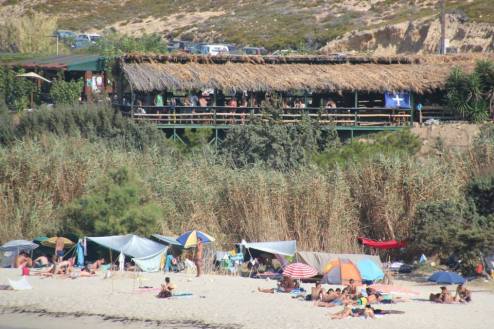
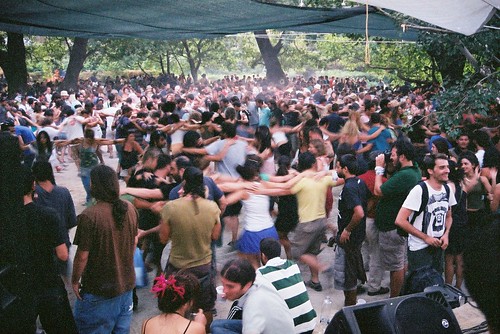

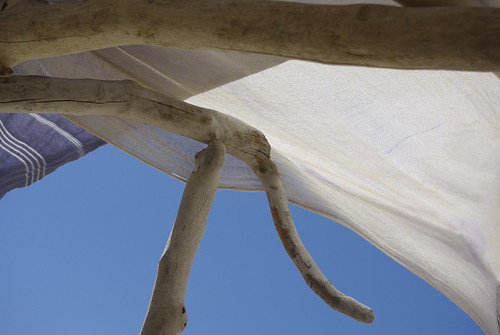
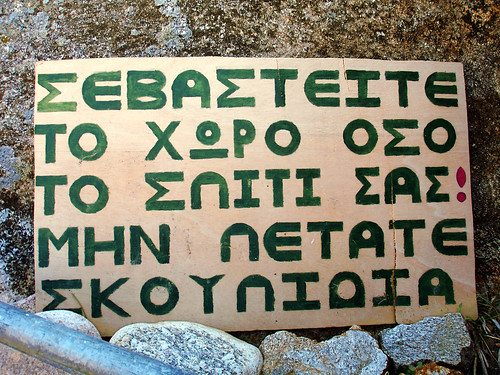


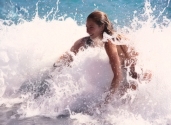
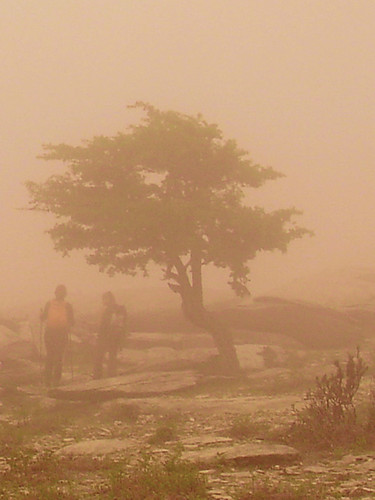
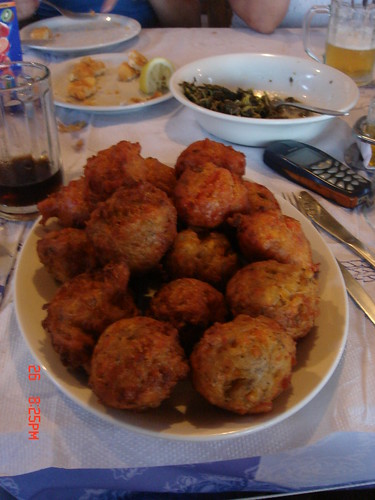






















































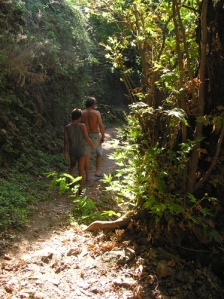
 idea of
idea of


























































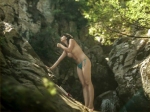

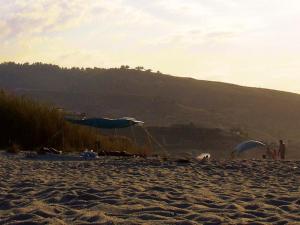

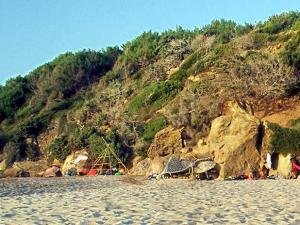
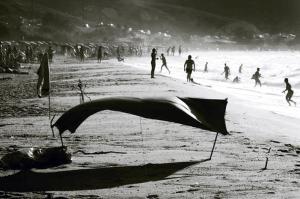
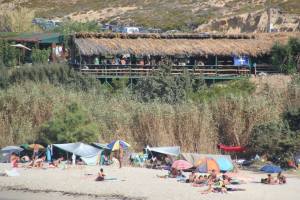

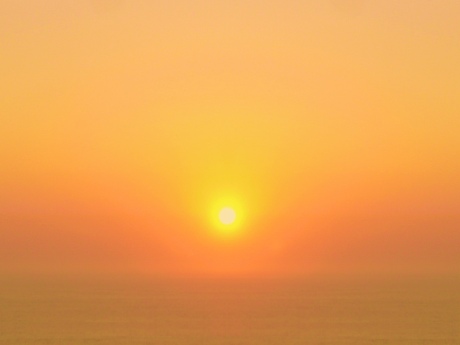
































































































Πρόσφατα σχόλια